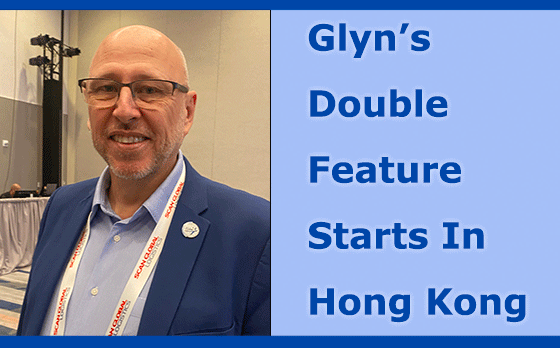 |
TIACA will open its doors in Hong Kong to the usual enthusiasts, and many new faces, on June 24th. The Executive Summit will cater for the crème of the aviation and air cargo industries in the world, as is customary for TIACA. This event precedes the Air Cargo Forum in Abi Dhabi in November, which is said to have already sold more than 60% of its spaces, not bad as we are now more than five months ahead of time!
All eyes will be staring at the stage during the power-play that will deal with the Industry Outlook, convened by Rogier Blocq of WorldACD, who will head the debate on this quintessential note: “Air cargo and the global economy ended 2024 on a very positive note with the industry growing by over 11% year over year, but 2025 has brought a different complexion, with tariffs, increased regulatory demands, subdued consumer activity, all impacting air cargo demand. What can we expect for the second half of 2025 and beyond?”
Speaking of Power Play . . . There was a time when we were all ears, not eyes . . . The radio was in charge then. An informal crowd of young people in Europe would tune into 205 metres AM and listen to Radio Luxemburg. It was many years ago, late in the evening, we would wait for the “Power Play”, regularly interrupting Tony Prince’s soliloquy. The Power Play was a song which was proposed to the audience at intervals, normally once every hour, a song that would inevitably hit the charts within a few days. Quite often it was relatively new material from unknown artists. But there were also times the Power Play was a song that would make history in rock music and beyond, performed by the greatest ones of the time. I remember listening to Marc Bolan for the first time . . . T-Rex was a duo, but Bolan was a scalpel for your brain: it was like “thunderbolt and lightning, very very frightening me” . . . I was Riding the White Swan, and gladly, but it would be five years before I could watch the first video, with the Queen and Freddy Mercury opening a completely now phase in my life, when thunderbolt was on everyday ’s menu and lightning came later in the evening, but it was really bright.
So the TIACA meeting in Hong Kong starts with a Power Play, but it does follow with equally interesting and countless numbers of legerdemain. Within the same day you have a menu that includes: digitization, freighters, biosensors, data, AI and lithium detection. Sincerely I cannot think of anything hotter than this, unless you want to delve into geopolitics, but that is an entirely different ballgame, one could say. Skipping all the amenities that are many and magnetic, the first day closes on the award winners, who conclude a meaningful day that could hardly be more significant.
On the last day of the show, TIACA manages to put together a few more topics of interest (airport development and investments, safety in the supply chain, just to mention the top ones in my view) and offers the attendees a round-up session, thus making sure that all the takeaways will come to be a living part of the event’s memory.
In preparation of the event, I could not pass the opportunity to challenge my friend Glyn with a few questions and, a true gentleman in body and soul, he replied on time and without restraint. Here we go: this is Glyn Hughes, TIACA’s DG and mastermind since 2021!
FT: We are so happy to have the opportunity to ask you a few questions in the imminence of the Executive Summit in Hong Kong. We kept our threads going since Brussels 2023. What is the main difference between a summit in Europe and this one, right at the centre of the Asian continent, in the vibrant city of Hong Kong?
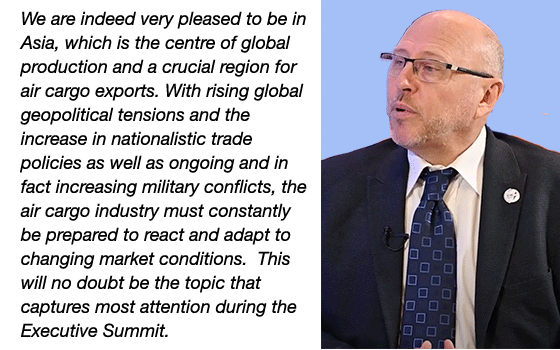 |
FT: Glyn, you have an impressive list of speakers: some are well known to our readers, like Jan Krems, others are top personalities in our milieu. In particular, I would underline the strong presence of the local front-line speakers, Cissy Chan and Wilson Kwong. What are your expectations regarding their approach to contemporary aviation as we move forward in a complex trading landscape?
GH: That is a great point and something which we strive for at TIACA. The industry is global, but challenges and perspectives differ region to region and even country to country so it’s crucial we try to bring in all voices from all corners of the industry.
FT: You write in your kind invitation: “The summit will also incorporate a robust awards program, spotlighting inspiring leaders, rising stars, and recognizing achievements in sustainability within the industry.” Can you please expand a bit on this concept and which are the objectives that you have in mind with the awards? Which are the main recognitions that will be distributed at the Gala and what is the expected impact on the global industry?
GH: To succeed in the air cargo industry, you often need to possess unique qualities, and if you look at the TIACA Hall of Fame you see some of the greatest pioneers and innovators from throughout the history of this great industry. They paved the way and it is on the back of what they did others were motivated and inspired to take their own path. So, we as TIACA want to help that process. We will induct Jan Krems as the 2025 Hall of Fame entrant and we are also introducing two new awards, the Rising Star award seeking to recognize an individual who is starting to make their mark and whom the jury feels will go on to even greater heights. Our Inspirational Leader Award will recognize the achievements of someone who has or is doing something unique right now for their team, their community, or the broader industry. Additionally, we will have the finalists of the TIACA Sustainability Awards, where the audience will make the final determination as to who walks away with the trophy.
FT: We cannot pass the opportunity to ask you a more difficult question, having regard to your deep knowledge of the sector and international affairs: we live in a period of great uncertainty and risks. Despite best hopes to establish peace, we have in fact a clear belligerent situation in the Middle East. How is this affecting the connections to Asia, in particular from Europe, is there any change to be expected in the near future?
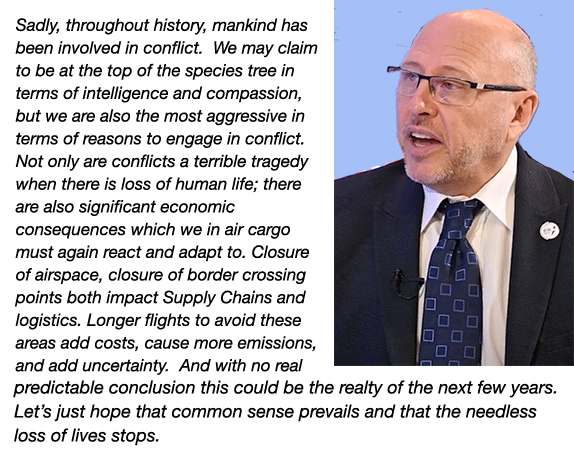 |
FT: Your plans for the immediate future . . . next steps? Any other idea you wish to convey to the readers of the Flying Typers?
GH: Once the event is finished in Hong Kong my immediate plan will be SLEEP. But then it’s all-hands-on deck as we look ahead to our Air Cargo Forum, which will be held in Abu Dhabi November 3-6. We will also be publishing our e-commerce white paper and pushing forward with our sustainability agenda. There is always much to do.
For a person who is as busy as Glyn and has an agenda that could break the back of a camel, closing this interview with “there is always much to do” is like having spoken to the master of the understatement . . . There you are: there are normal people and exceptional ones, Glyn is one of the latter, at least in my view.
Prior to this interview Glyn and I had exchanged opinions reading the recent McKinsey report on the state of aviation. He sent me a note, which is pretty clear in assessing where we are heading. This is Glyn speaking almost informally: “As to the McKinsey report I have read and whilst it primarily focuses on the passenger side of the house there are some key elements which apply equally to air cargo; I agree totally with their assessment that the industry remains fragile, vulnerable to economic uncertainty, geopolitical tensions, and potential imbalances between capacity and demand. Future profitability for passenger and cargo operations will depend on several factors such as performance, service quality, price and transparency. E-commerce has been a significant driver of air cargo growth for the last four years, but with changes to de minimis policies and the uncertainty of tariffs, it’s crucial that air cargo continues to develop its other verticals and should focus on multi-market connectivity.
“Additionally, the report highlights the challenge associated with new aircraft delays, with long-standing turbulence in aerospace supply chains, OEMs have struggled to secure adequate quantities of manufacturing components such as semiconductors and other sub assembly components. This applies to both, equally to air cargo and an associated concern relates to adequate supply of licenced and unlicensed staff. ICAO has projected that by 2043, the industry will need an additional 670k pilots, 137k air traffic controllers, 698k maintenance technicians, and over 1.08m cabin crew. Additionally, the ground handling community could need hundreds of thousands of additional staff in terminal, on ramp and in cargo facilities. Without staff we have no industry, so it’s crucial for industry and states to address these future needs now.”
Ah . . . the human factor . . . we may play our cards smartly and implement the most accurately devised procedures, but we shall end up in a cul-de-sac if we do not have the resources that are needed for our future development. In any way or manner you look at it, the power of demography is the engine that will make the world go round (or not) in the next decades. I speak from a country that is not easily persuaded to willingly accept immigration, even though it was historically a territory of emigration to the four corners of the world. Today we are torn between the idea of trying to preserve our identity against all odds and the lack of staff in almost every aspect of our organized life. Even in our stagnating economy prices are going up, as there are too few doctors, nurses, plumbers, carpenters, caregivers, etc. to take care of our infinite needs. If you want a job done, you cannot be too selective in Italy today . . . You need to adapt and hope.
From what Glyn says, the picture of the industry he describes drives in a similar direction and this means the remedies will not be easily found in five to ten years or more. There are at least two great industry panels in Hong Kong, where these and other issues will be dealt with in TIACA’s name: with expertise and judgement ideas will come to those in the attendance: a good reason to be there.
Time to be in Hong Kong. Roll up for the mystery tour! This is a number one hit that has never been a Power Play on Radio Luxembourg, but it made history anyway . . . See you in Hong Kong maybe!
Marco Sorgetti
|
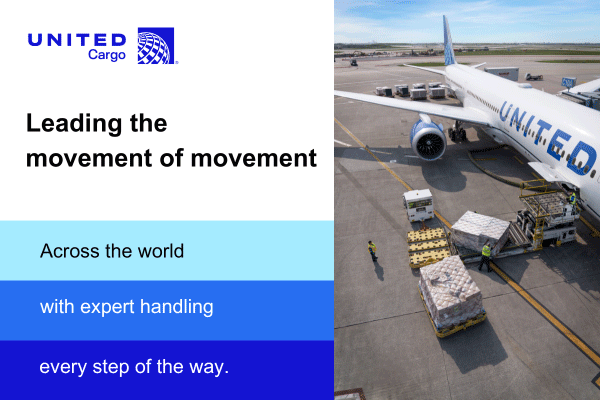





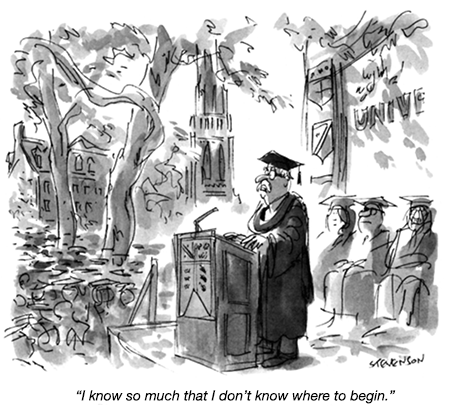
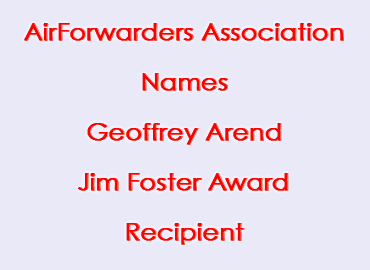

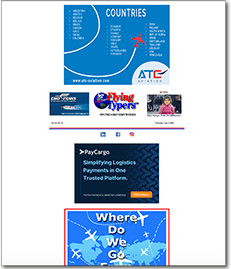 Vol. 24 No. 27
Vol. 24 No. 27 Vol. 24 No. 28
Vol. 24 No. 28